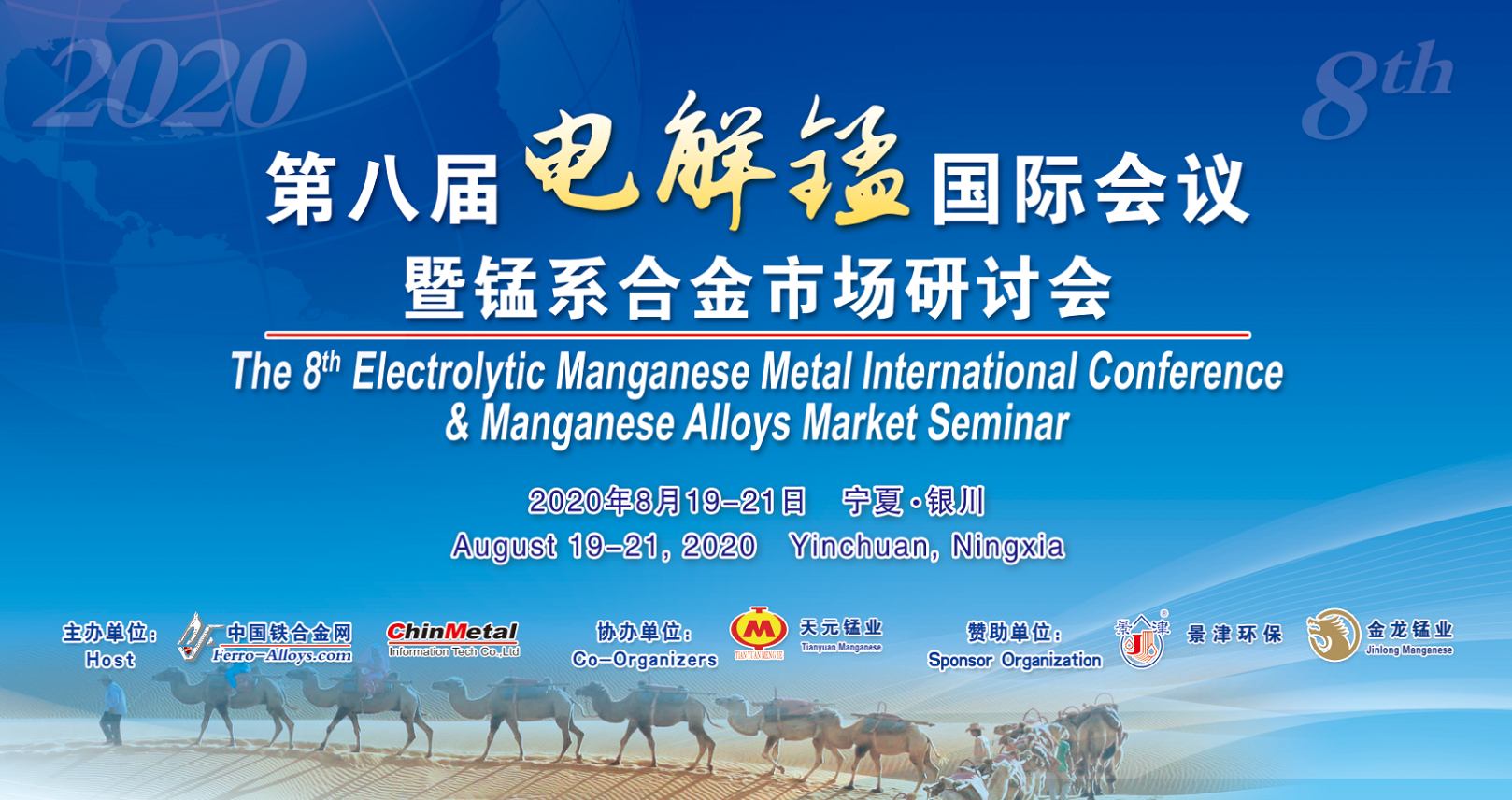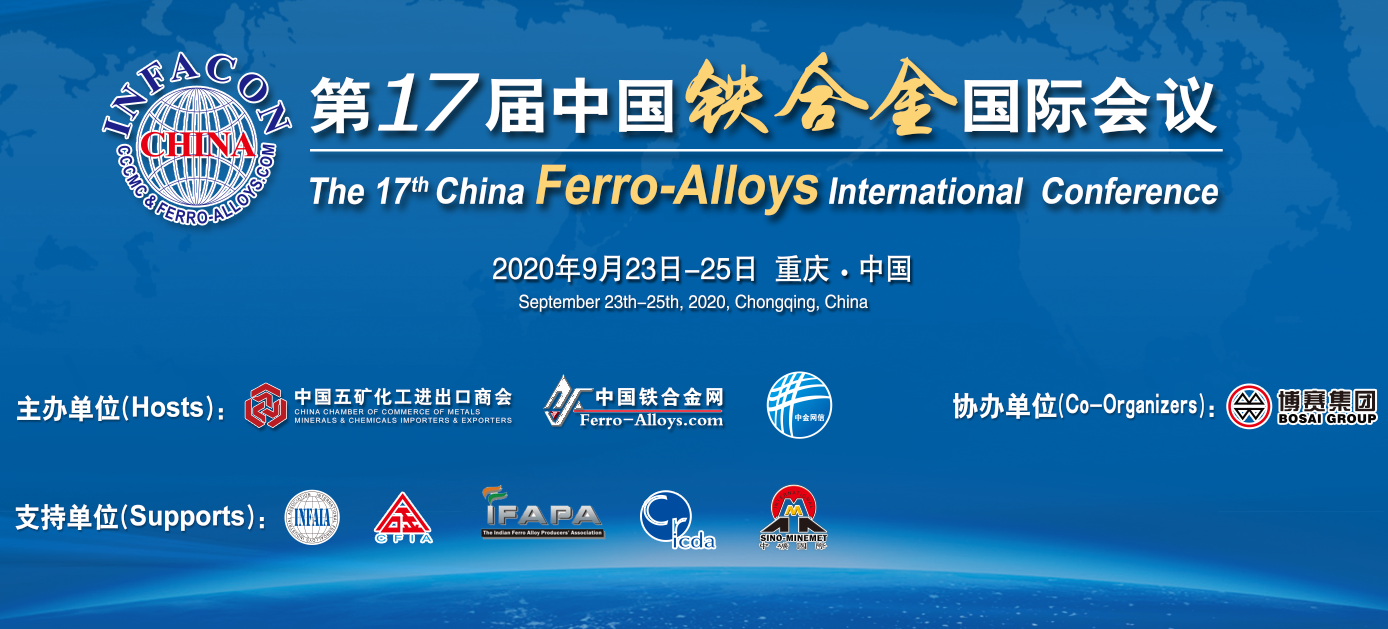[Ferro-Alloys.com] Trade unions in the UK suggest they will not allow the end of blast furnace steel production, after the government asked Tata Steel to reduce its CO2 emissions in return for financial assistance through "project Birch".
Community Union said moving away from blast furnace production would leave the UK unable to produce "a range of specialist steels", as well as causing job losses. The government has not asked Tata to move away from blast furnace production, but transitioning to electric arc furnace (EAF) production is the most logical existing technology for reducing carbon emissions.
Historically, blast and basic oxygen furnace steelmaking has produced higher quality grades than EAF-based output. But this has changed in recent years, especially in the US where leading producer Nucor produces a variety of specialist grades for automotive and other industries. Using direct reduced iron enables an EAF to produce the same quality of steel as an integrated plant.
Tata said no decision has been made on how to reduce emissions, although discussions with the government over financial aid are "constructive and ongoing".
"Given prevailing market conditions and disruption caused by the Covid-19 pandemic, it is clear that our UK operations face structural challenges that need to be urgently addressed," Tata said.
Port Talbot is a higher-cost facility than Tata Steel's IJmuiden plant in the Netherlands, which is one of the lowest-cost slab plants in western Europe. Port Talbot suffers from legacy logistical inefficiencies after years of privatisation and nationalisation by various UK governments.
Market chatter in the past suggested the plant could be converted to EAF production, or Tata's HIsarna technology. HIsarna removes the need for sintering, pelletising and coking, eliminating the most pollutant parts of the steelmaking process. But it is still in the test phase so cannot be scaled up and commercialised yet.
Some suggest Tata could retain one blast furnace and install a new EAF, or even two. This would enable BF pig iron to supply the EAF, ensuring high-quality product, although meaning some continuing carbon emissions.
A move to EAF is clearly better aligned with the UK's access to raw materials. For blast furnace steelmaking the country is totally reliant on costly imports of coking coal and iron ore, but for EAFs it is fully self-sufficient in domestic ferrous scrap supply, which vastly outweighs current consumption.
The UK generated 11.47mn t of ferrous scrap in 2017, of which it consumed just 23.5pc and exported the remaining 76.5pc, with Turkey, Egypt, India and Pakistan its largest overseas markets.
Should Tata's current BF production be totally replaced by EAF, the scrap requirement could theoretically be met by existing UK supply. An expansion of UK scrap demand on this scale could have a significant impact on global seaborne pricing, as it would draw significant tonnage away from major import markets.
But moving to EAF may not be the panacea some expect. UK producers pay 60pc more than their German counterparts and 80pc more than French producers for power, according to a 2019 study by UK Steel. It is not clear whether Tata Steel India would be willing to invest in changing the mode of production at Port Talbot. In recent years the company has said Tata Steel Europe needs to be cash-positive or at least cash-neutral, to avoid relying on further infusions from India.
Source: Argusmedia



Copyright © 2013 Ferro-Alloys.Com. All Rights Reserved. Without permission, any unit and individual shall not copy or reprint!
- [Editor:kangmingfei]



 Save
Save Print
Print Daily News
Daily News Research
Research Magazine
Magazine Company Database
Company Database Customized Database
Customized Database Conferences
Conferences Advertisement
Advertisement Trade
Trade














Tell Us What You Think